Market Trends
Key Emerging Trends in the Organic Soaps Market
The organic soaps market is experiencing a notable surge in popularity as consumers increasingly prioritize natural and sustainable skincare options. One prominent market trend is the growing awareness of the potential harm associated with synthetic chemicals present in conventional soaps. This consciousness has caused a trend of shifting the preferences of consumers towards natural soap that are made from plant-based ingredients, essential oils and other natural parts. In addition, the market for organic soaps is being fueled by a preference for products that are free from harsh chemicals, artificial fragrances and preservatives and that, therefore, tend to be more pure. Another important trend that has been witnessed in the organic soaps market is that there is a keen focus on green and cruelty free effects. Consumers are shifting the way they consume as they are more environmentally conscious and seeking products that align with their values of sustainability. Organic soaps makers are now in line with this trend by implementing eco friendly packaging, using biodegradable materials and ensuring that their production processes have low impact on the environment. Besides, even consumers whose main concern is animal welfare are attracted by cruelty-free aspect which encourages brands to display those certifications on their products loudly. The global increased organic products shopping is intertwined with several important factors that create a trend of a changing consumer’s choice. Another catalyst is the increasing preference for and awareness of organic foods, and consumers paying attention to their health, which are pros of organic foods. It is also accentuated by the fast growing organized retail sector that provides a wider selection of organic products to the customers within a unified shopping space. The mainstreaming of organized retail creates awareness in the market to the extent that organic products are being accessed widely thereby increasing consumer visibility and perception of the advantages of these products. The social media and the e-commerce platforms are the major factors in dictating the organic soaps market trends. Customers now have the ability to assess and evaluate products they use with help of reviews, testimonials and social media influencers, that determine consumers purchase decisions. The brands that are directly connecting with their customers and talking about their organic soap with natural ingredients and benefits are the ones that are going ahead in this competition. Moreover, the COVID-19 pandemic has further propelled the demand for organic soaps, as hygiene consciousness has reached new heights. Consumers are not only focusing on cleanliness but also on the quality of the products they use for personal care. This has led to a surge in online sales of organic soaps, with consumers opting for the convenience and safety of shopping from home.


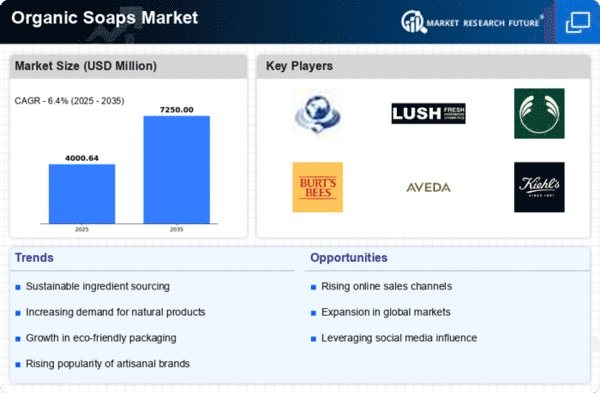
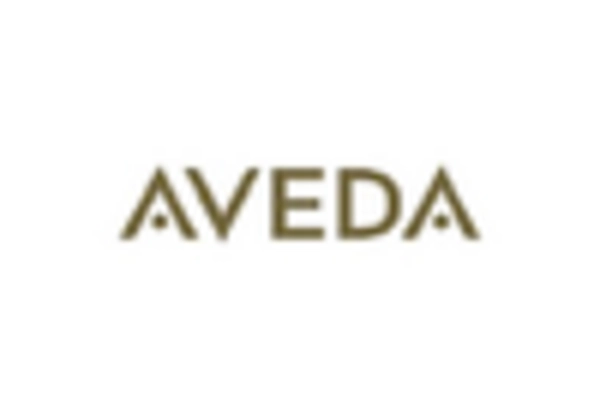
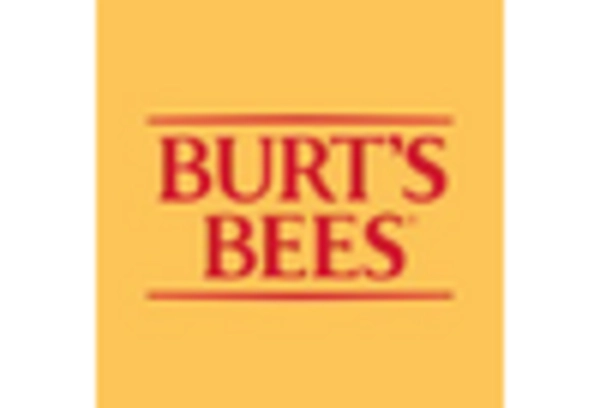

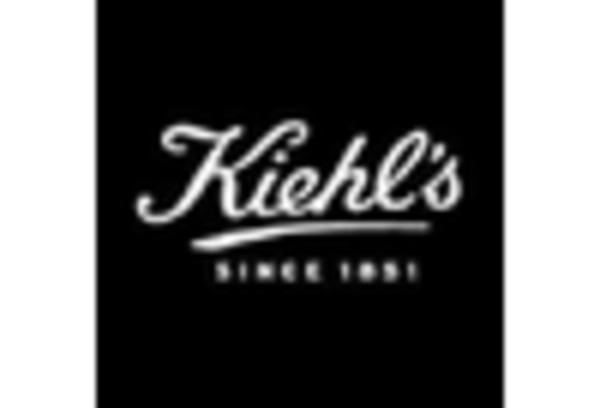
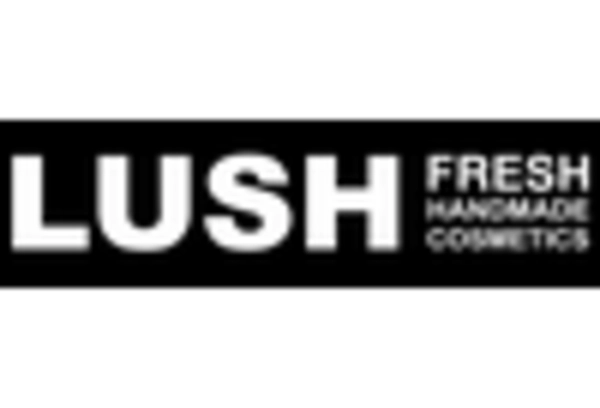
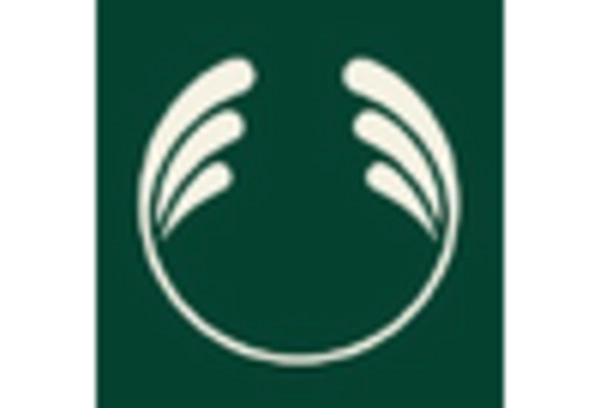









Leave a Comment